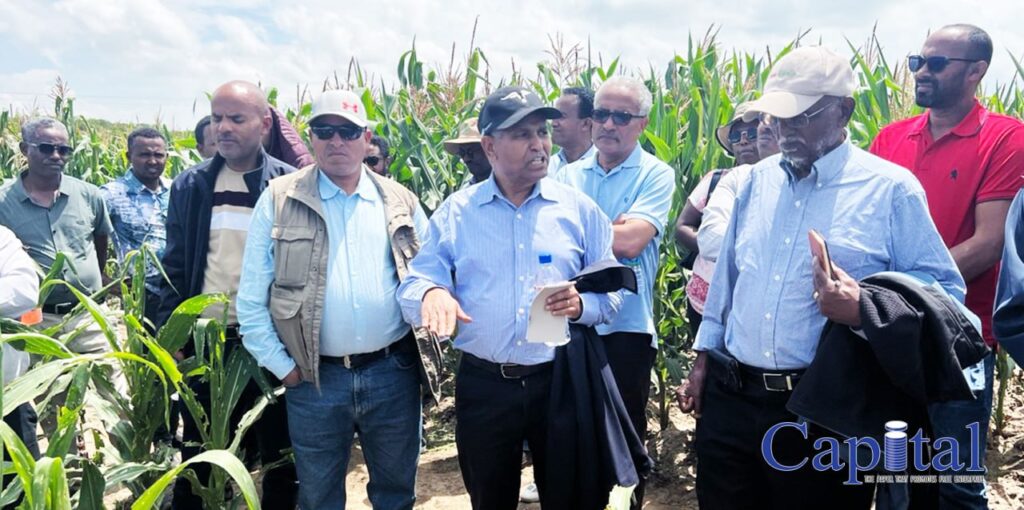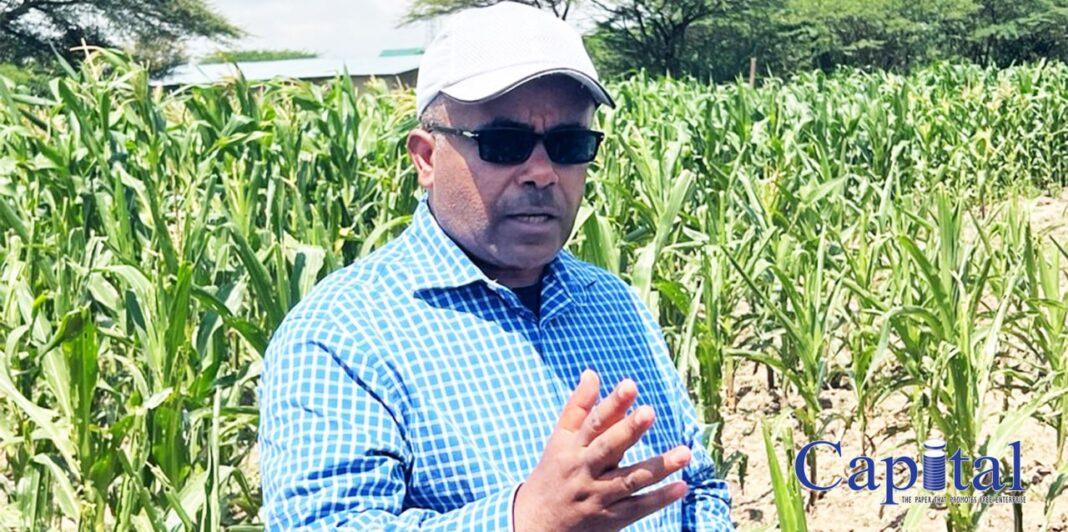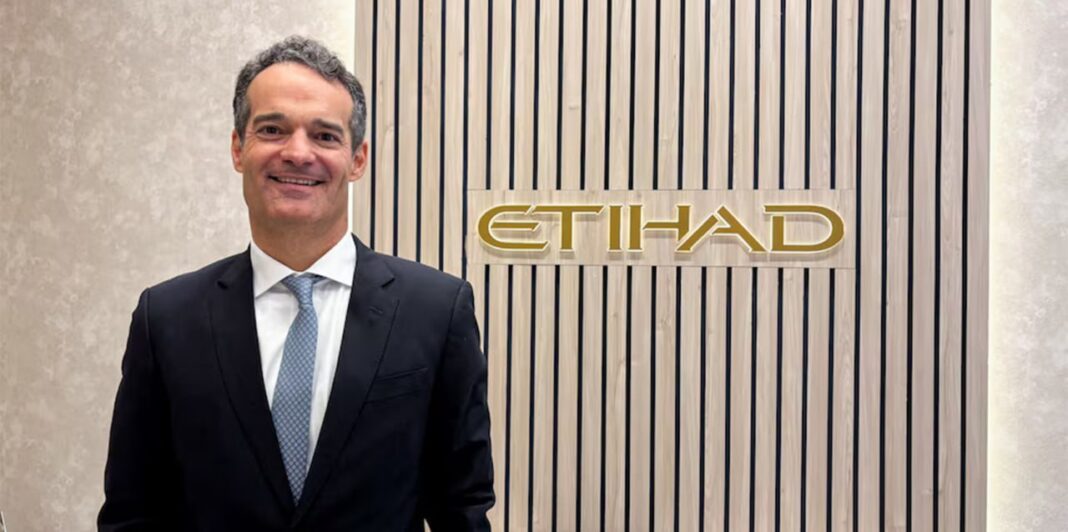Despite a boycott by opposition groups, a field visit on October 11th in Melkasa showcased the cultivation of BT maize in lowland areas, garnering praise from scientific experts, including seasoned professionals in the field.
The event allowed specialists to witness firsthand the crop recently approved for commercial use, emphasizing a “seeing is believing” approach. Organized by the Science Technology Innovation platform, the visit highlighted the contributions of Ethiopian experts in genetic engineering and showcased developments across various sites.
In March, the National Variety Release Committee (NVRC) granted commercial release for intermediate altitude and lowland BT maize varieties after seven years of rigorous testing.
Professor Firew Mekbib, President of the Biotechnology Society of Ethiopia, contextualized this achievement during the visit, stating, “Previously, we lacked the capacity and sourced maize from Zimbabwe and Kenya, relying predominantly on a composite-based variety system.”
Firew noted that Ethiopia ranks second in productivity on the continent, following South Africa, and third in production volume after South Africa and Nigeria.
He emphasized that while Nigeria dedicates 6 million hectares to maize, Ethiopia has achieved a nearly 94% hybrid maize adoption rate on just 2.5 million hectares.
A senior biotechnician and chairman of the NVRC acknowledged that although BT maize was commercialized globally 27 years ago, Ethiopia opted for a meticulous evaluation process.
He confirmed that while donors supported the project, they did not influence decision-making. After seven years of assessment, three varieties were approved from an initial four tested, with more varieties currently in the deregulation pipeline.
Organizers reported that groups with differing views on GMOs were formally invited to the field visit but chose not to participate.
A farmer involved in the trials emphasized the urgent need for the technology, stating, “Pests are adapting to chemicals, which are also becoming more expensive. When infestations are high, we have to increase the dosage, which is a costly cycle.”
During the visit, sector leaders and experienced scientists acknowledged Ethiopia’s growing capacity and the encouraging emergence of young scientists in biotechnology.

They recommended further in-depth research in food science to enhance public confidence.
Drawing an analogy, they likened the GMO debate to questioning the necessity of surgery in medicine, noting that GM technology now spans 200 million hectares globally, up from less than one million in 1996.
They urged a shift away from foundational arguments.
One agricultural science expert remarked, “We, including those who oppose this, are already consuming food products derived from GM agricultural inputs.”
Others pointed out that scientific discourse in Ethiopia can often be unprofessional, stressing the importance of field visits for building an informed critical mass.
Firew observed that opposition groups have occasionally disparaged those involved in regulation, noting that society can be conservative. Both he and other veteran scientists called on opponents to engage in formal debates rather than amplify one-sided views in the media.The approved maize varieties—WE3106B for intermediate altitudes and WE7210B and WE8216B for lowland areas—were developed through the public-private TELA Maize project. These varieties are engineered to resist destructive pests such as stem borers and fall armyworms, which have long affected Ethiopian farmers.
Nationwide trials conducted over seven years show that these new varieties can provide a yield advantage of up to 60% compared to conventional maize.
Experts highlight that this transgenic maize enhances grain quality, reduces the need for chemical insecticides, lowers production costs, and minimizes environmental and health risks.
Tesfaye Disasa, PhD, a senior scientist and the TELA Maize project country coordinator at the Ethiopian Institute of Agricultural Research (EIAR), described the commercial approval as a significant milestone for Ethiopian agriculture.
The TELA maize seed will be provided to smallholder farmers royalty-free through local seed companies, potentially saving farmers at least USD 750 per hectare in pesticide costs.







